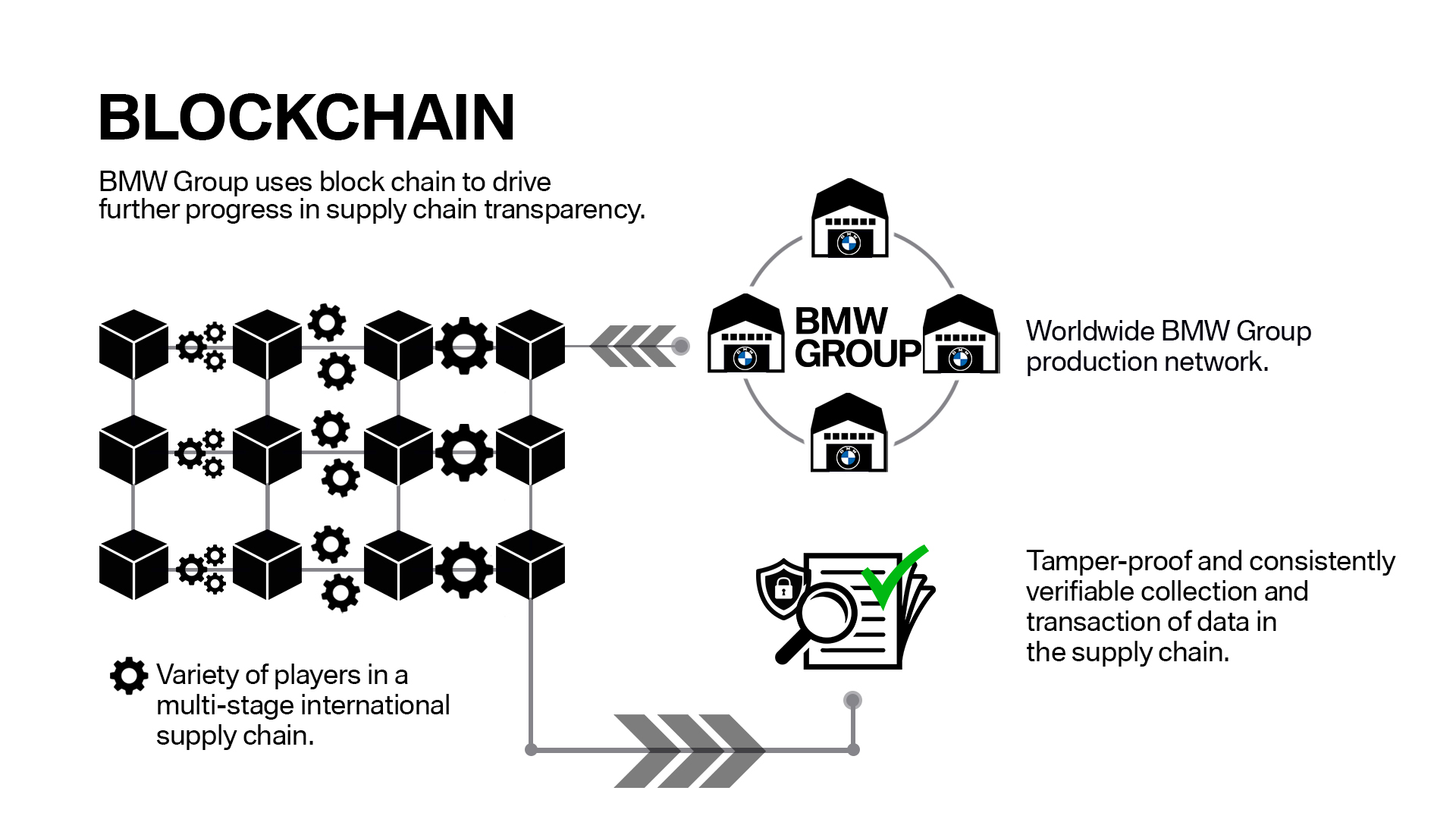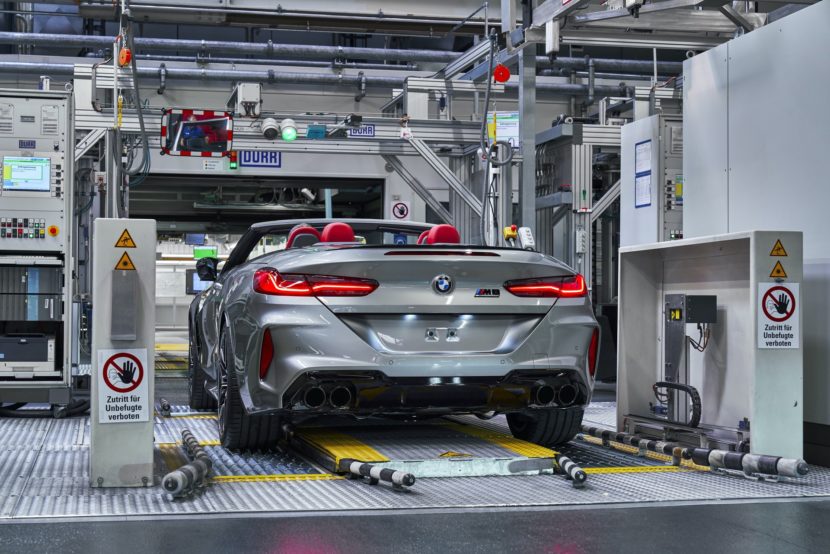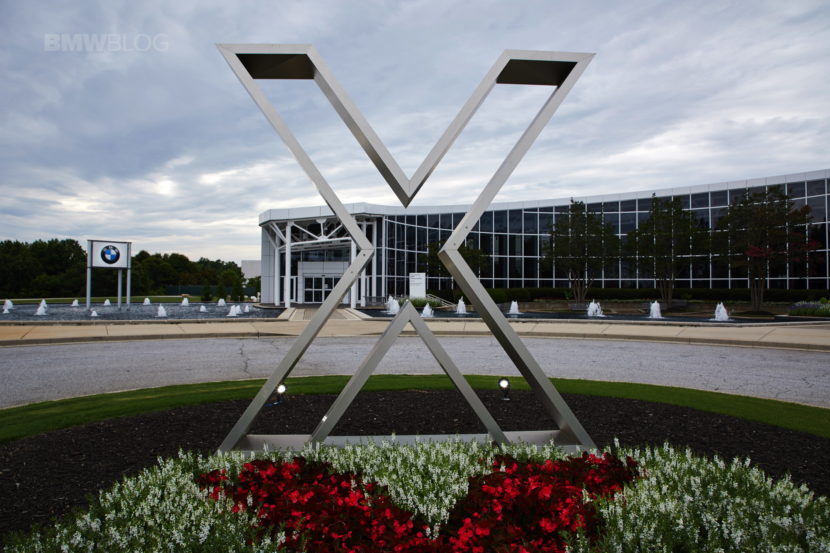Blockchain technology is ever more present and now BMW Group is preparing to implement it as to further optimize and increase the transparency of the supply chain across the network.
Due to its clear, timestamped structure, blockchain ensures data preservation and thus extended protection and security. Thus, it makes it very suitable to guide and organize processes in the automotive industry.
BMW Group has already implemented blockchain in a wide range of processes and applications. The automotive giant is using the technology in efficiently steering the supply chain across the worldwide network. BMW Group has previously conducted a successful pilot project during 2019 which focused on optimizing the supply chain for purchasing front lights.
As Andreas Wendt, member of the Board of Management of BMW AG responsible for Purchasing and Supplier Network, explains, BMW Group intends to expand blockchain project to a larger number of suppliers.
Thus, the PartChain project was initiated to ensure a seamless traceability of components in the supply chain, enhanced and instant data transparency in complex supply chains catered to all supply partners around the Globe.
The 2019 blockchain pilot project within BMW Group network focused solely on part tracking. For the future, the objective is to enable a complete traceability of critical raw materials, as Andreas Wendt further explains: “PartChain enables tamper-proof and consistently verifiable collection and transaction of data in our supply chain.
This move is designed to take the digitalization of purchasing at the BMW Group to the next level. Our vision is to create an open platform that will allow data within supply chains to be exchanged and shared safely and anonymized across the industry.”
The Partchain project uses dedicated Cloud technologies such as Amazon Web Services and Microsoft Azure to ensure maximum raw material traceability by tracking the origin of the materials between all supply partners, together with reducing to zero the risk of possible data manipulation.
In the 2019 pilot projects, two production facilities out of the network of 31 sites within BMW Group participated, namely the US-based Spartanburg plant and the Dingolfing factory in Germany. Three locations of the Automotive Lighting suppliers were also part of the project. With the new PartChain, BMW intends to extend the number of production facilities, while the blockchain platform will be rolled out to about ten suppliers.
BMW’s efforts in the direction of implementing blockchain solutions within its supply and production network are not new. The Germans are co-founding parents of the Mobility Open Blockchain Initiative (MOBI), that was established in 2018. Consisting of 120 leading automotive, mobility and technology companies, the main objective of MOBI is to help Blockchain technology break through in the automotive mobility sector.
“We want to share our PartChain approach with the initiative and invite interested companies to join the initiative,” sums up Andreas Wendt.








































































